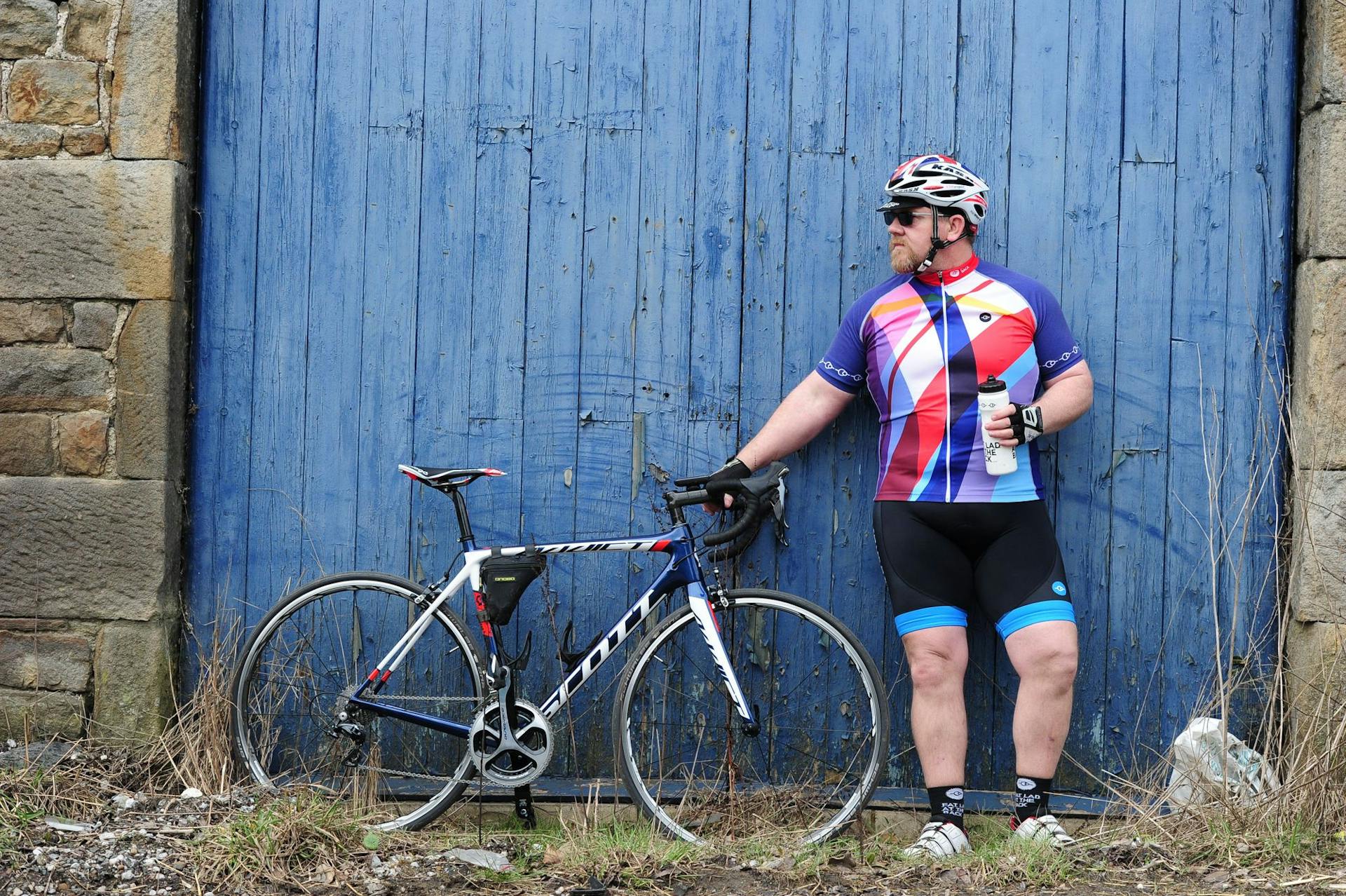
New statistics from the Mental Health Foundation highlight the impact body image issues have on men in the UK
Breaking down their body image survey carried out for Mental Health Awareness Week earlier this year, the Mental Health Foundation have found some alarming statistics when it comes to men and body image.
28% of adult male respondents admitted to feeling anxious because of their body image while 21% said concerns about their body has caused them to dress in a way that hides their body.
Worryingly, 11% of male respondents said they had experienced suicidal thoughts because of body image issues, with 4% saying they had already self-harmed.
When it comes to body image issues we often hear how it affects women, but rarely about how men are impacted. Chief Executive of the Mental Health Foundation, Mark Rowland commented to say that body image is often seen as an issue that only affects women, “but it is clear from our data that it is affecting millions of men in the UK too.”
Continuing, he says: “Men are also being surrounded by images of idealised body types – either through advertising or reality TV shows or digital media. It is important to recognise how this media environment can impact on men.
“The consequences of body image issues can be serious. It is shocking that almost one in 20 of the men who responded to our survey said they had deliberately hurt themselves as a result of body image issues.
“It is important we recognise the significant negative impact a media environment can have on mental health.”
Rowland went on to highlight that men can find it difficult to seek help. And indeed, according to research from the Samaritans, two in five men don’t seek support when they need it.

Paul McDonald, Executive Director of External Affairs at Samaritans, said: “Our survey results found that although 78% of men aged 20-59 say it’s okay to admit you’re not feeling okay, many still avoid speaking out when they’re finding life tough. A quarter felt their problems weren’t important enough to warrant calling a helpline.”
So why do men find it difficult to reach out for help and especially for body image issues? In his article, maintaining a positive body image in an era of social media, counsellor Noel Bell (PG Dip Psych, UKCP) suggests that not appearing weak may be a contributing factor.
“Boys tend to be socialised to be strong, self-sufficient and not to be emotional. This could be one reason why front line educational and health professionals may be slower to recognise and engage with body image issues in this group.”
Rowland doesn’t believe this has to be inevitable however, concluding his statement on the Mental Health Foundation survey results by saying “There is much we can do as a society to reduce pressures on men and improve their mental health.”
As well as sharing their tips for improving body image, the Mental Health Foundation are asking social media companies to sign the Be Real Campaign’s Body Image Pledge and investigate new ways of using their platforms to promote positive body image and ensure that a diversity of body types is presented positively to their users.
They’re also asking that social media companies to have clear systems for users to report bullying and discrimination and set targets for action to be taken. They want users to have a more accessible way of controlling the content they see.
In terms of what men can do on an individual level, taking small steps and working on building confidence through self-acceptance is key. For some, working with a therapist can help with this.
In his open letter to men everywhere worried about body image, Kiss radio presenter Tom Green says it’s important to change your mindset when it comes to your differences, “You can view your differences as positives, and use this to not only affect how you perceive yourself physically, but how you hold yourself around other people. It all starts with acceptance and confidence.”

